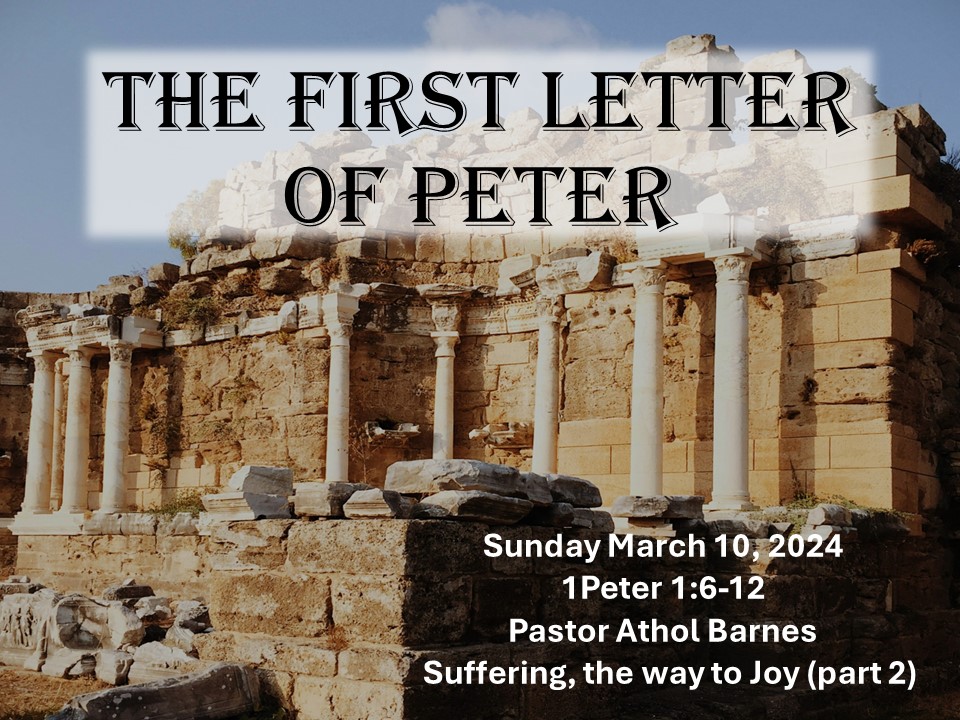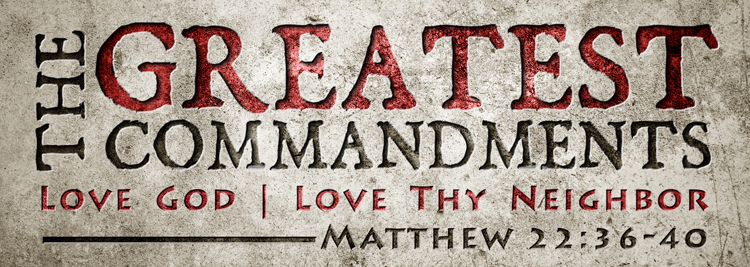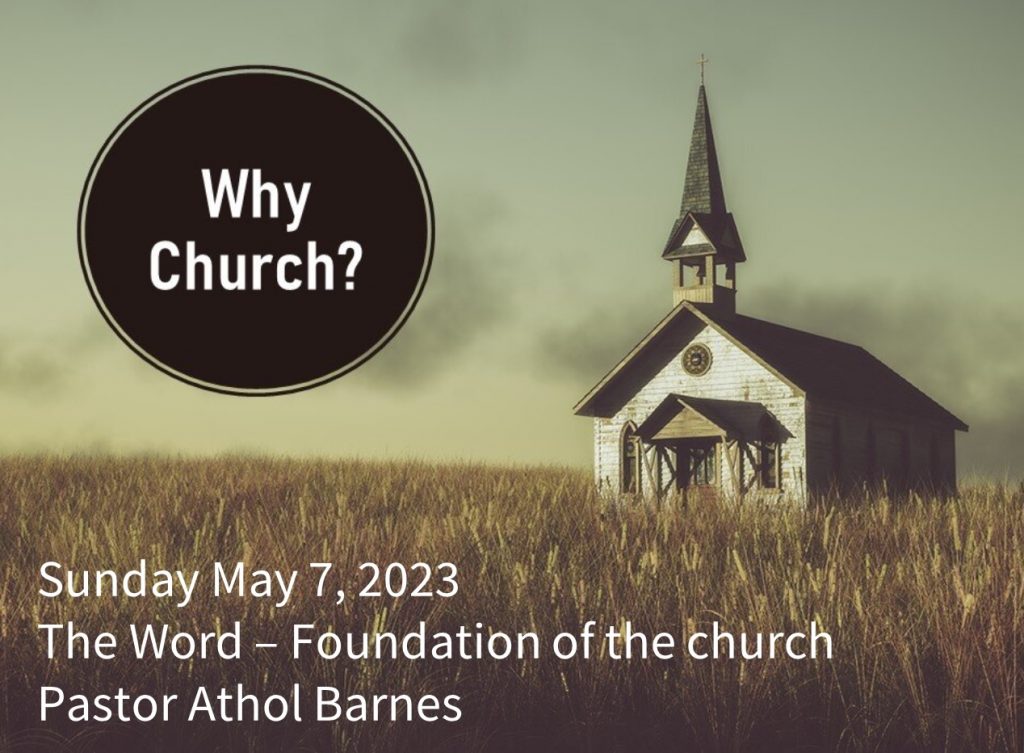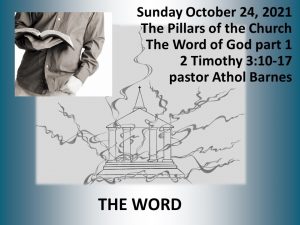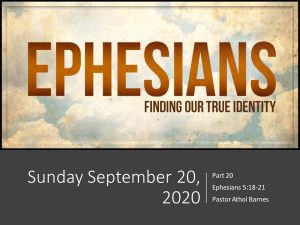
This week as we celebrate our nation’s independence, I want to ask the question: are you truly free?
Most people would point to the legal freedoms that we have, such as freedom of speech, freedom of religion, the right to bear arms, and many other freedoms that are guaranteed by the law. However, there is a freedom that only a small percentage of people experience, a true freedom that no one can take away.
This kind of freedom has been experienced by people in countries where there is no freedom of speech. This kind of freedom is experienced by people who are bound to a wheelchair. This kind of freedom is even experienced by people in a prison cell. This is the freedom that Jesus gives; it is true freedom.
Freedom in Abiding
In John 8:31 Jesus addresses those who believed that he was the Messiah, saying, “If you abide in my word, you are truly my disciples.”
Abiding in the Word is still a mark of a follower of Jesus today. The Bible is the revelation of Jesus, the Word of God (see John 1:1).
The word “abide” means to remain, to stay grounded, to remain in place for an extended period. To be a disciple of Jesus, we must be grounded in the Word of God. Jesus taught in John 15 that he is the vine, and we are the branches, and only by abiding in him will we be able to produce fruit.
If you are a follower of Jesus, you will spend time regularly and intentionally reading and meditating on the Word. The result will be that your daily decision making, and lifestyle will be guided by the truths and principles of the Word of God.
If someone was to look at your daily life and disciplines, would they know if you were a disciple of Jesus? Would they see that you abide in the Word?
Jesus continues in verse 32, “…and you will know the truth, and the truth will set you free.” This verse is frequently quoted on its own without the context of the preceding verses. When people quote it, they usually leave out the conjunction, “and”. From politicians to talk show hosts, this verse has crept into pop culture.
Quoting this verse on its own could lead one to believe that freedom or salvation is obtainable by some special knowledge that can be obtained. But that is a form of an ancient heresy known as Gnosticism, which is still prevalent today.
But the whole sentence reveals that it is not about human knowledge leading to freedom; it is about abiding in Jesus, growing in the knowledge and truth of the Gospel that leads to freedom.
Warren Wiersbe wrote, “When we obey His Word, we grow in spiritual knowledge; and as we grow in spiritual knowledge, we grow in freedom from sin. Life leads to learning, and learning leads to liberty.”
Not All are Free
Not everyone in the crowd agrees with Jesus (see John 8:33). They claim that as a nation they had never been enslaved. However, a brief look at the history of the nation of Israel quickly dispels that statement. The Jews were under the heavy hand of the Roman empire during the time that Jesus walked the earth.
Jesus pointedly addresses their true slavery in verse 34, “Jesus answered them, “Truly, truly, I say to you, everyone who practices sin is a slave to sin.”
Today many people believe that freedom is the ability to do whatever we want to do, but that is anarchy and leads to bondage.
Peter Marshall, the chaplain to the US Senate in 1947, said, “may we think of freedom, not as the right to do as we please, but as the opportunity to do what is right.”
Freedom is Available
By abiding in Jesus and in his Word, we will be set free from the slavery to sin. You cannot keep on willfully sinning if you know Jesus as savior (See 1 John 3:6-9).
If you are tolerating sin in your life, whether it is dishonesty in business, pornography, bad language, alcohol or drug abuse, gossip, slander, or any sin that you are not willing to renounce, you are a slave to that sin. You are not free.
How do we obtain freedom? It is only found in Jesus, as he says in verse 36, “So if the Son sets you free, you will be free indeed.” Freedom and life are found in no other name.
Freedom Rejected
In verse 38, Jesus addresses the people who do not believe in him, those who are enslaved to sin and don’t want to come to him for freedom, saying, “I speak of what I have seen with my Father, and you do what you have heard from your father.”
Initially, it seems that Jesus is telling them that they are listening to Abraham, but that is not what Jesus is saying. Reading further, Jesus clarifies in verse 44a, “You are of your father the devil, and your will is to do your father’s desires…”
Jesus was not mincing words or being politically correct. Jesus knew the price that he would have to pay for our freedom and salvation; he knew that he was about to go to the cross to take on the full weight of the wrath of his Father.
Please don’t miss this, if you are willfully living in sin, and you are not bothered by it or compelled by the Holy Spirit to repent of your sin, you are not a follower of Jesus.
Knowing True Freedom
However, if you believe in Jesus and the work that he did for you on the cross, you can know true freedom.
Freedom from the fear of God’s wrath, freedom from the expectations of others, freedom from worry, freedom amid pain and suffering, freedom despite your situation in this life.
This is the true freedom that Jesus offers. Do you know this freedom today?


